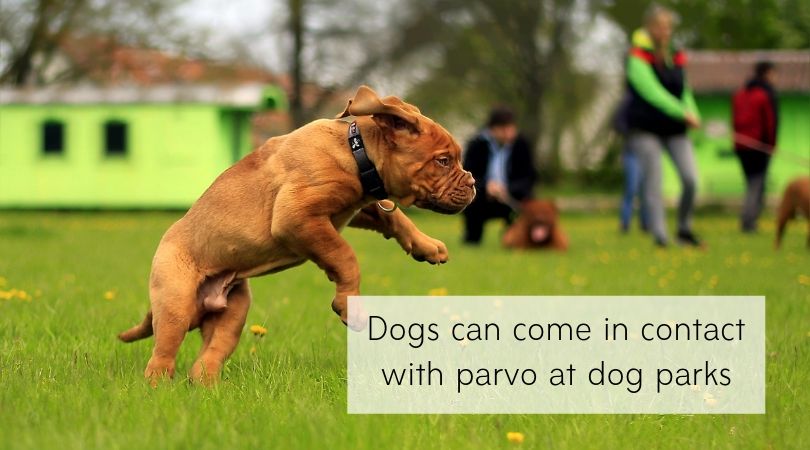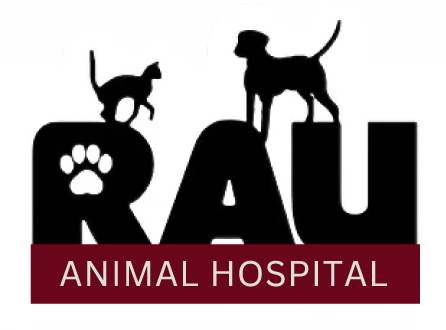New pet adopters and experienced dog owners alike may wonder, "What is the parvovirus (parvo)? How does my dog get parvo? Can parvo spread to humans and other animals?"
Parvo is a direct virus that is caused by contaminated feces. It is caused by the canine parvovirus type 2 (CPV-2) virus. CPV-2 is highly contagious and attacks the gastrointestinal tract as well as the immune system of puppies and dogs. Puppies at a young age are also at risk of the virus attacking their heart.
Signs of Parvo
Dogs can get this virus by sniffing, licking, or eating feces or playing with objects that are contaminated. If your dog has done any of these, it's important to watch for signs of parvo infection, which include bloody diarrhea, vomiting, lethargy, fever, and appetite loss. If you see your pet having any of these signs we recommend seeing your vet as soon as possible. This virus, unfortunately, can be life-threatening if not caught early. However, it can be treated if diagnosed early. With aggressive treatment, studies have shown survival rates can approach 90%.
Treating the Virus
Common treatments for these parvo cases are hospitalization with IV fluids, oral medications, injectable medications, and sometimes tube feeding. Throughout the patient’s hospitalization, bloodwork is run to see how the patient is responding to the treatment. The main factors that we look for in bloodwork are white blood cell count, red blood cell count, platelets, and glucose levels (for hypoglycemia), and we also want to know if the patient has low protein levels.
Where Can My Dog Catch the Virus?
Common places where dogs may come into contact with the parvovirus are municipal parks, dog parks, and apartment complexes. Parvo can also live in any environment for a year or longer. Parvo is seen more often in young puppies who do not have their DA2PPv vaccine (Distemper-Adenovirus Type2-Parainfluenza-Parvovirus).

How Do I Prevent My Dog from Getting it?
Luckily, parvovirus is only contagious between dogs; humans and other species cannot be contaminated. However, anyone can transmit the virus if they come into contact with an infected pet or areas. Your dog's best line of defense is routine, up-to-date vaccination. It is possible for older dogs to contract the virus, but if they are current on vaccines and have been regularly vaccinated against the virus, the chances of infection and illness are slim.
Get your pup protected today; contact us to set up your dog's vaccination appointment!

